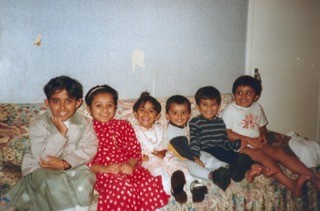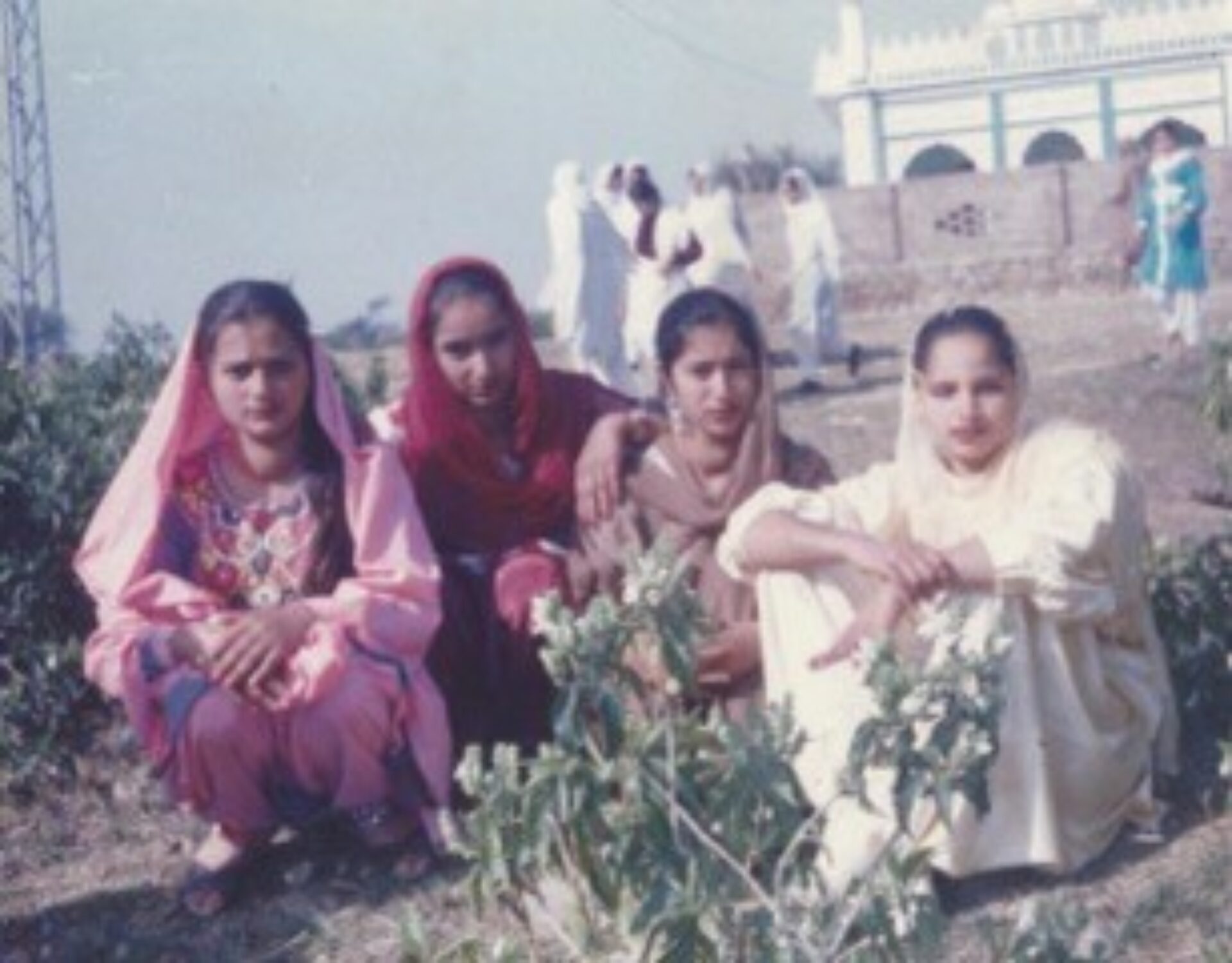Disclaimer: this blog post is an exploration of mental health issues within the south Asian community, and is not intended to disregard the positives of being British Asian.
To mark International Day for the Elimination of Racial Discrimination our blogger shares an insight into the repercussions of discrimination and how individuals’ mental health can be affected by it first-hand.
Racial discrimination is an issue that manifests in multiple ways and affects most people of BAME (Black and Minority Ethnic) background.
From institutional and economic discrimination to verbal racial abuse, the spectrum of discrimination is varied. The Institute of Race Relations states that in 2013/2014, 85% of all hate crimes reported were race related [1].
Taking into account unreported cases, it is clear that the scale of the issue is widespread. Today, on International Day for the Elimination of Racial Discrimination, I want to provide an insight into the repercussions of discrimination and how individuals mental health can be affected by it first-hand.
The South Asian community has been subject to racial discrimination for decades. It is also unique and multifaceted from other BAME experiences in the UK.
Colonialism and independence meant that individuals felt inclined to uphold cultural values to retain their newfound identity. First generation British Asians adapted these attitudes after immigrating to the UK, which has directly affected second-generation British Asians like myself.
On top of this, the racism and discrimination we are subjected and exposed to further complexes the feeling of belonging within British society.
I am a second generation Pakistani and I attended a school with a predominantly white-British demographic. I was also trying to maintain and respect values I was taught growing up, which meant I was always in conflict with who I was and who I should be.
‘I felt I was living two lives’
It is an overwhelming and confusing feeling that takes over many aspects of your life. I felt like I was living two lives; on one side I was trying not to disregard my background and upbringing, but I was simultaneously trying to fit into the society in which I lived.
The cross-over between the two cultures is referred to as “duplicity” and brings with it a whole host of issues.
As a young girl my mum would style my long black hair in a traditional plait, unaware I was taunted with discriminatory comments at school making me incredibly conscious of my differences.
I constantly felt like I didn’t quite fit in. I experienced loneliness and confusion with not having a sense of belonging.
The need to conceal aspects of your life in multiple contexts leads to grief. I felt I was constantly having to sacrifice or adapt my identity. The mourning of suppressing your individual identity in order to live up to expectations, or mourning the loss of acceptance from your loved ones is incredibly overwhelming and isolating.
You are at a loss whatever decision you make, and this also has a devastating effect on your mental health. These issues are specifically relevant to women of colour, many of whom are able to relate to depression and anxiety, as well as suicidal ideation as a result of this immense pressure.
The effects of duplicity during a key time
A lot of women find duplicity the most challenging during the high school period. Puberty is known as a time when individual identity is formed and social relationships are pivotal to the wellbeing of young people.
However, this can place an increased pressure on women from a south Asian background. The expectations placed upon you culturally do not match up to social expectations or individual desires. These conflicts often lead to shame and disappointment from family, or the constant guilt as a result of conditioning.
 These experiences are difficult to convey to people who have not experienced the “clash” of two cultures because people can’t relate to the same culture barriers.
These experiences are difficult to convey to people who have not experienced the “clash” of two cultures because people can’t relate to the same culture barriers.
At the height of my mental health difficulties, I came across Sujata Bhatt’s poem “Search for my tongue” in GCSE English Literature where she describes constantly fighting between her “mother tongue” and “foreign tongue” and I felt relief that for the first time there was an accurate depiction of being British Asian to my peers.
A lack of understanding affects services
Lack of understanding and ignorance to other cultures is a precursor for discrimination.
Specifically within mental health services, statistics from the Mental Health Foundation show that people of BME background are less likely to access services and more likely to abruptly leave services (2).
Using Child and Adolescent Mental Health Services (CAMHS) and Adult Mental Health Service (AMHS), I found that services were not tailored or appropriate to treat BAME people, and professionals lacked the tools to deal with the complex issues behind the effect of discrimination on mental health.
Additionally, identifying as having a mental health problem within the South Asian community can lead to resistance and isolation from the community because of the stigma of mental health problems. Having a mental illness is thought to hinder life prospects such as successful employment, education and marriage prospects so individuals feel obliged to hide any problems.
A combination of all of these issues leave second-generation South Asians vulnerable to mental health issues as well as hesitant to want to access mental health services. This correlates with research findings that shows that people of South Asian background are more likely to only seek help and access services when they are at crisis point or even suicidal before they seek help [3].
Embracing my whole self
Through addressing my mental health problems, I have learnt to embrace my differences and pride myself on my culture-rich upbringing and be proud of identifying as British Asian. I feel inspired to share my grandma’s tales of Pakistan during independence while enjoying and embracing the endless opportunities being British has provided me.
Despite all these negatives, there are equally as many positives. Being British Asian has enabled me to experience the best of both worlds.
I am incredibly fortunate to be bilingual and love embracing my roots and experiencing the diverse culture when I visit family in Pakistan. I am also in a fortunate position to encourage change within the community in ways I would not have been able to if I was not British.
In order for us to tackle racial discrimination, we need to be more understanding and accepting of people who do not fit under the stereotypical definition of “British”.
At McPin, we are making it one of our aims to increase diversity and promote inclusivity of the BAME community in research. We have to do more to appeal to people from under-represented groups so they are encouraged to pursue involvement and employment opportunities.
Increasing diversity within the mental health sector, including research, will contribute to a generational change in attitudes and increased awareness of mental health from a younger age.
References
[1]: http://www.irr.org.uk/research/statistics/racial-violence/
[2]: https://www.mentalhealth.org.uk/a-to-z/b/black-asian-and-minority-ethnic-bame-communities
[3]: Burr, J. & Chapman, T. (2004). Contextualising experiences of depression in women from South Asian communities: a discursive approach. Sociology of Health and Fitness, 26(4), 433-452
